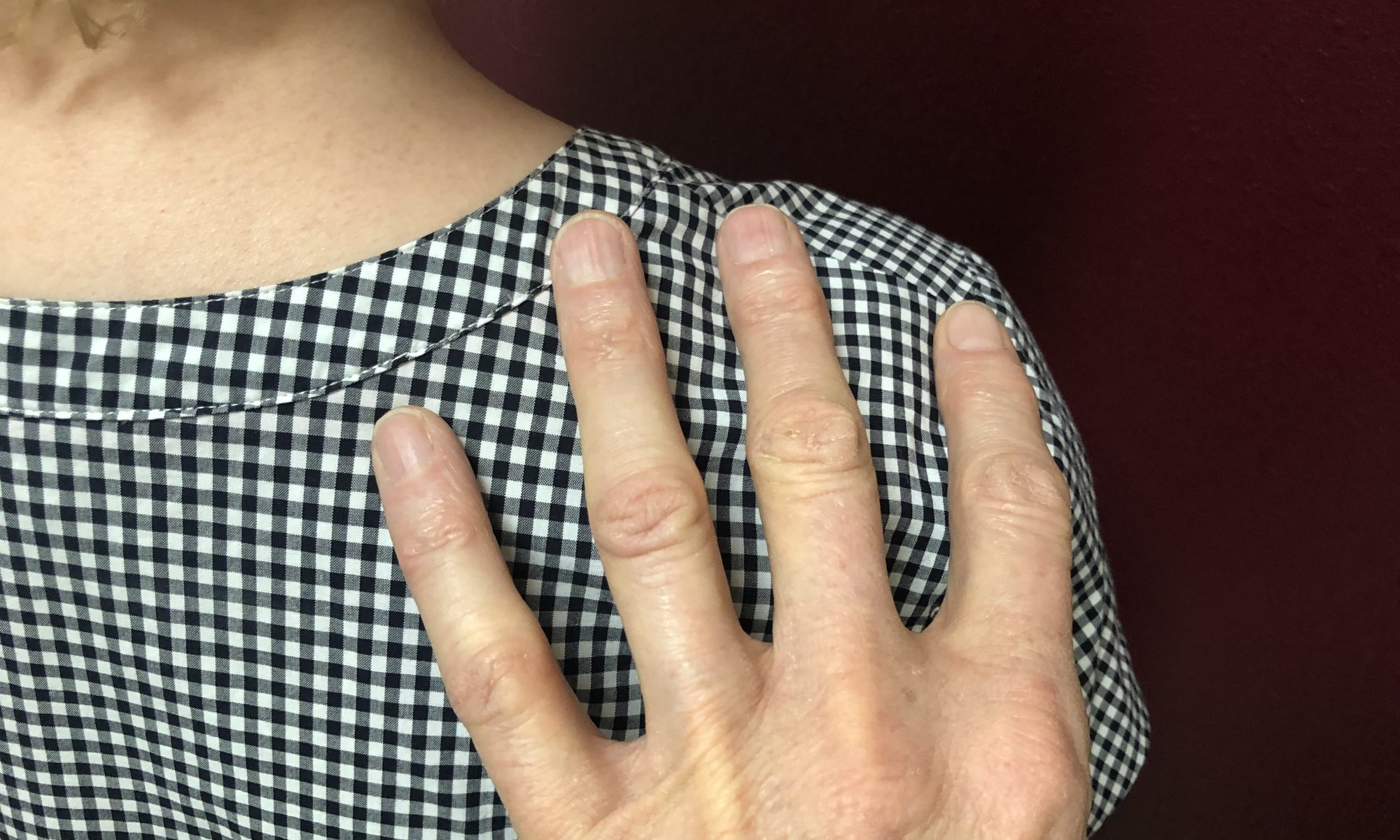
The Human Touch
While attending a Jack Frost Conference a few years back, I heard a tragic story. Some years ago, the Communists performed an experiment on new born babies in the Ukraine. Fifty babies were given the best of everything; the best care, the best food, the best clothing and ideal temperature and air quality.
The only thing they didn’t get was human touch. They were never touched by human hands, held or comforted by a human being. Within thirty days, all fifty babies died.
There is a distinct barrier between church people and unchurched. When I was growing up there was an unhealthy emphasis on the verse “Wherefore come out from among them and be ye separate, saith the Lord, and touch not the unclean thing (2 Cor. 6:17).” This is how I always heard it in King James language, because the King James Bible was used almost exclusively at that time.
I suspect this thinking is what set the church on a track to separate itself from the unchurched. It was supposed to be sinful to be in any place that served liquor and sometimes it was sinful to go to a public place where the unchurched gathered. This practice was supposed to make Christians holy, but all it did was to make them hypocritical and judgmental.
How ridiculous! How are you ever going to influence the unchurched if you are never with them!
The church’s answer was to invite them to church. Well, if you gave them the impression that you were “holier than thou,” and looked down on them, why would they want to go to any of your functions? That is still a big factor today, why the unchurched won’t come into the church building.
A few years ago, a pastor from Michigan’s upper peninsula told me a really sad story. He had led a community prostitute to the Lord. She quit her profession and began coming to church, but she was shunned by the other self-righteous women in the church. They simply would not accept her and kept treating her like a woman of the night. Who could live in circumstances like that?
She finally left the church and went back to her previous profession. What a tragedy! This illustrates hypocrisy at its height. Incidentally, in a survey of young people who left their church when they turned college age, one of the top two reasons they gave for leaving was the hypocrisy of self-righteous church people.
I was once in a church discussion where a young woman was asking if she should go to her company party. A seasoned older church person told her it was a bad testimony to be seen in an environment like that, where liquor was served, where there was a lot of cursing in the air, and people would likely be drunk.
I held my tongue because I didn’t want to make the church person look bad, but everything within me wanted to scream, “This is the very reason why we don’t reach unchurched people. If you are never with them, how are you going to influence them?”
While I was a creative director at a multimedia company in downtown Minneapolis, I was required to go to the company parties. It wasn’t an option, if I wanted to keep my job. I would go, but I didn’t drink. If I was asked why I didn’t drink, I just answered in a kindly manner, with a smile on my face. It turned into an opportunity. We need to learn to be with the unchurched, love them, take an interest in them, talk to them, and don’t condemn them. You might be amazed at the questions they might ask you about your faith, when you have gained their trust.
Some christians treat the unchurched like they have a disease, or something.
For a few years while I was freelancing in the field of multimedia, I repeatedly got work from a business owner. On various projects we worked together quite closely for extended periods of time. In one conversation, he told me that various Christians really bugged him. He appreciated me because “I didn’t wear my religion on my sleeve.”
A few weeks before Christmas, when I called him at home, his wife answered, who was a Christian. He was in another part of the house and she had a few seconds before he was in earshot. Hurriedly she told me, “You have been such an influence on him. He asked for a Bible for Christmas,” and that’s all she had time to say before he came to the phone.
I was shocked! I had no idea this was going on. I was just being myself.
While I was in Bible College, I drove school bus as a part-time job. One day I was in a low income area of St. Paul, delivering children to their homes. At one stop, a little girl of perhaps seven or eight, was holding things up. She had dropped her books in the aisle of the bus, was picking them up and generally being pokey. The kids began picking on her, saying hurtful things, as kids do. A car had pulled up behind us and I didn’t want to hold up traffic so I said to her, “Hurry up! Hurry up!”
What she said next nearly broke my heart. “Nobody loves me.”
“I love you,” I said.
She wheeled around in the aisle and ran to me, gave me a hug, and hung on. Then, she finally let go and went down the stairs to the street, the picture of contentment.
As I was relating the story to others, I would always choke up, because I realized this little girl probably never got a hug in her life.
The human touch . . .
Fifty babies died without it. How many people close to us, in less than ideal living conditions are dying and going to hell because God’s people won’t touch them?
Between the years 1990 and 2006, the church in America did not grow. It stayed the same. The main reason is because Christians holed up in their church building where it is safe, and refused to venture out to be among people who are hurting, who need God’s touch. Has the church forgotten why we are here on this earth? Have we become a social club?
Do we go to church on Sunday to see our friends and have a good time within the sanctuary walls, never going out into the world to “touch” those who are dying without answers?
Log in next week for the next installment, posted right here!
Photo was taken by George
